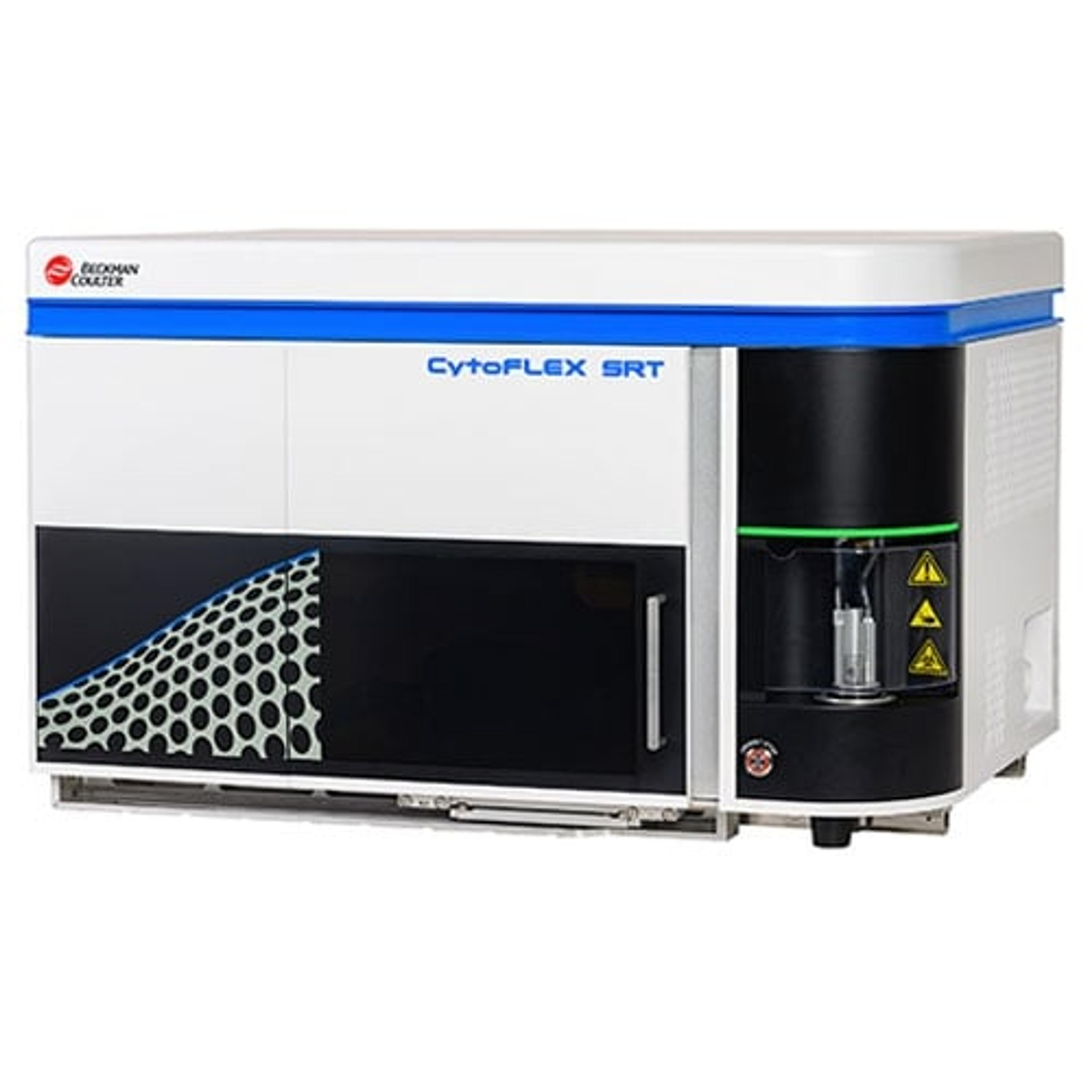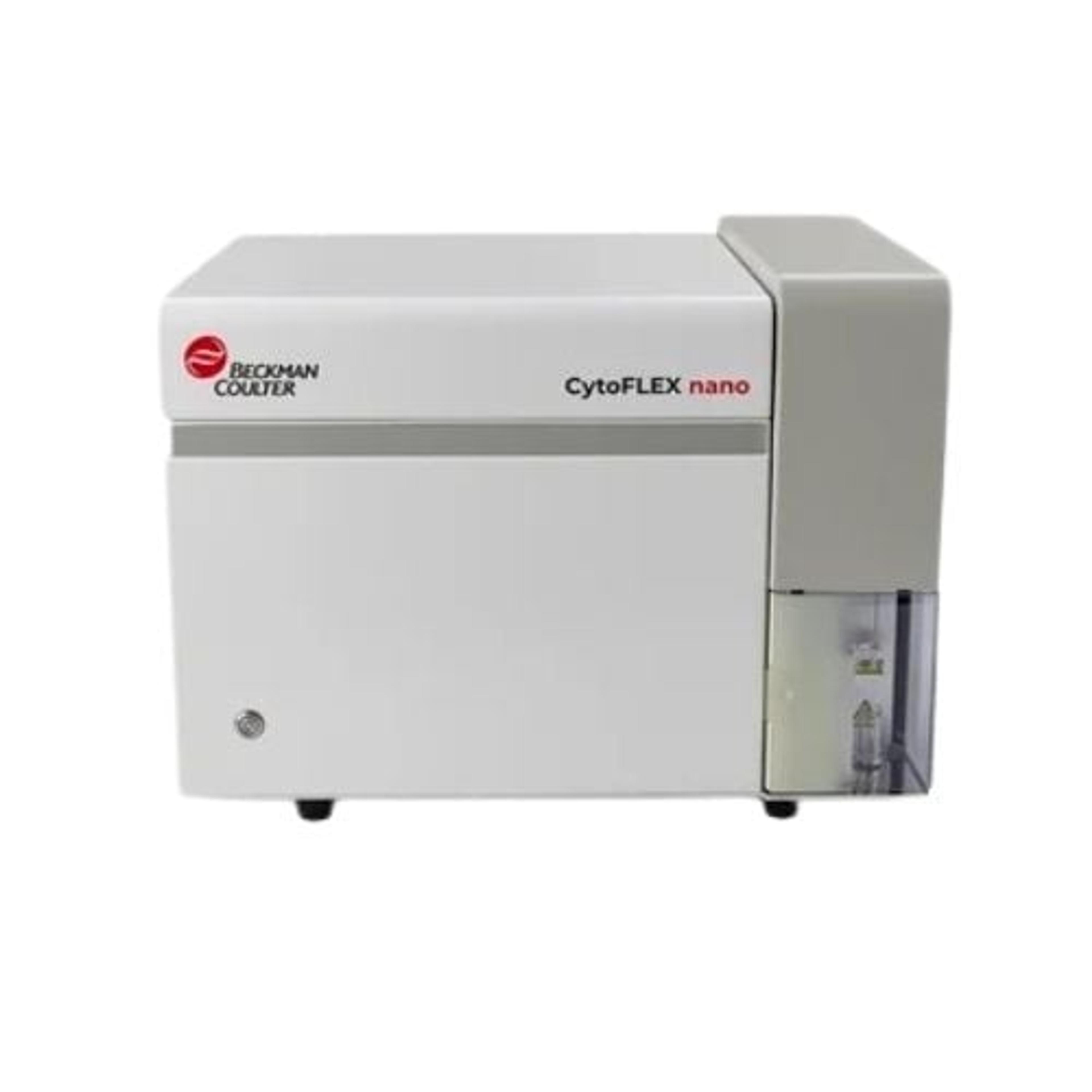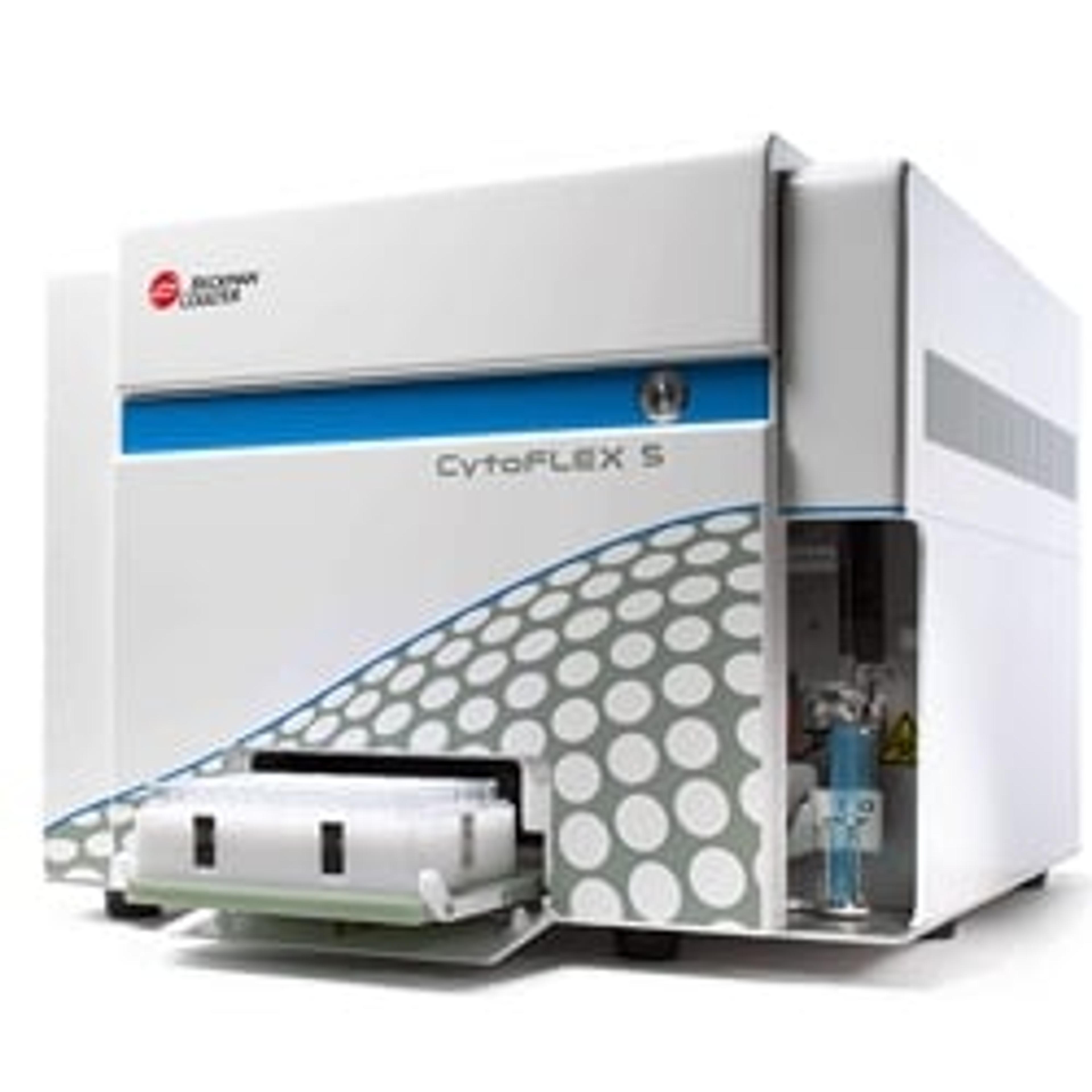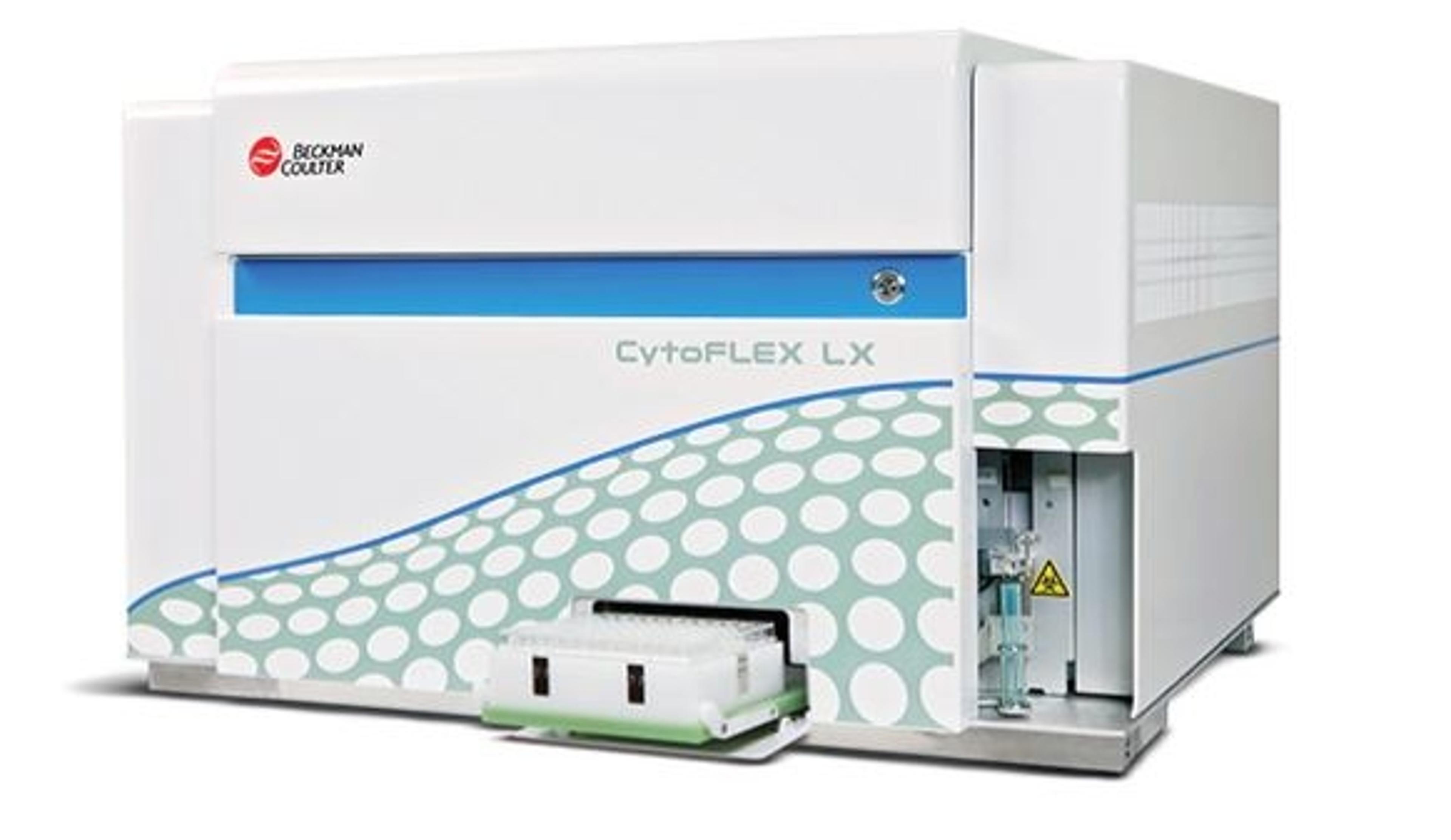
Measuring genome size and ploidy in plant species using CytoFLEX S Flow Cytometer
Flow cytometry is a powerful technique that enables the identification of multiple properties of individual particles, such as cells and nuclei, within heterogeneous mixtures. When applied to free nuclei, it is routinely used to measure genome size and ploidy levels in plants. This data is essential for identifying taxonomic units like subspecies, characterizing natural populations, and distinguishing between different modes of reproduction, whether sexual or apomictic.
Nina Chumak, Postdoctoral Fellow at the University of Zurich, will discuss the benefits of using the CytoFLEX S flow cytometer for plant nuclei flow cytometry. She will also cover key practices for sample preparation and the selection of internal controls.
Key learning objectives
- Understand the advantages of flow cytometry for determining the genome size of plant species
- Explore the benefits of using the CytoFLEX S flow cytometer in plant applications
- Learn best practices for sample preparation and the criteria for selecting internal standards in flow cytometry applications for plants
Who should attend?
Core facility managers, research fellows, research scientists, lab managers, core lab managers, principal investigators, data scientists, analysts, professors, instructors, postdoctoral research fellows, laboratory assistants, laboratory coordinators, laboratory specialists, group leaders, microbiologists, geneticist, and biologists.
Certificate of attendance
All webinar participants can request a certificate of attendance, including a learning outcomes summary, for continuing education purposes
Speakers

Moderator





